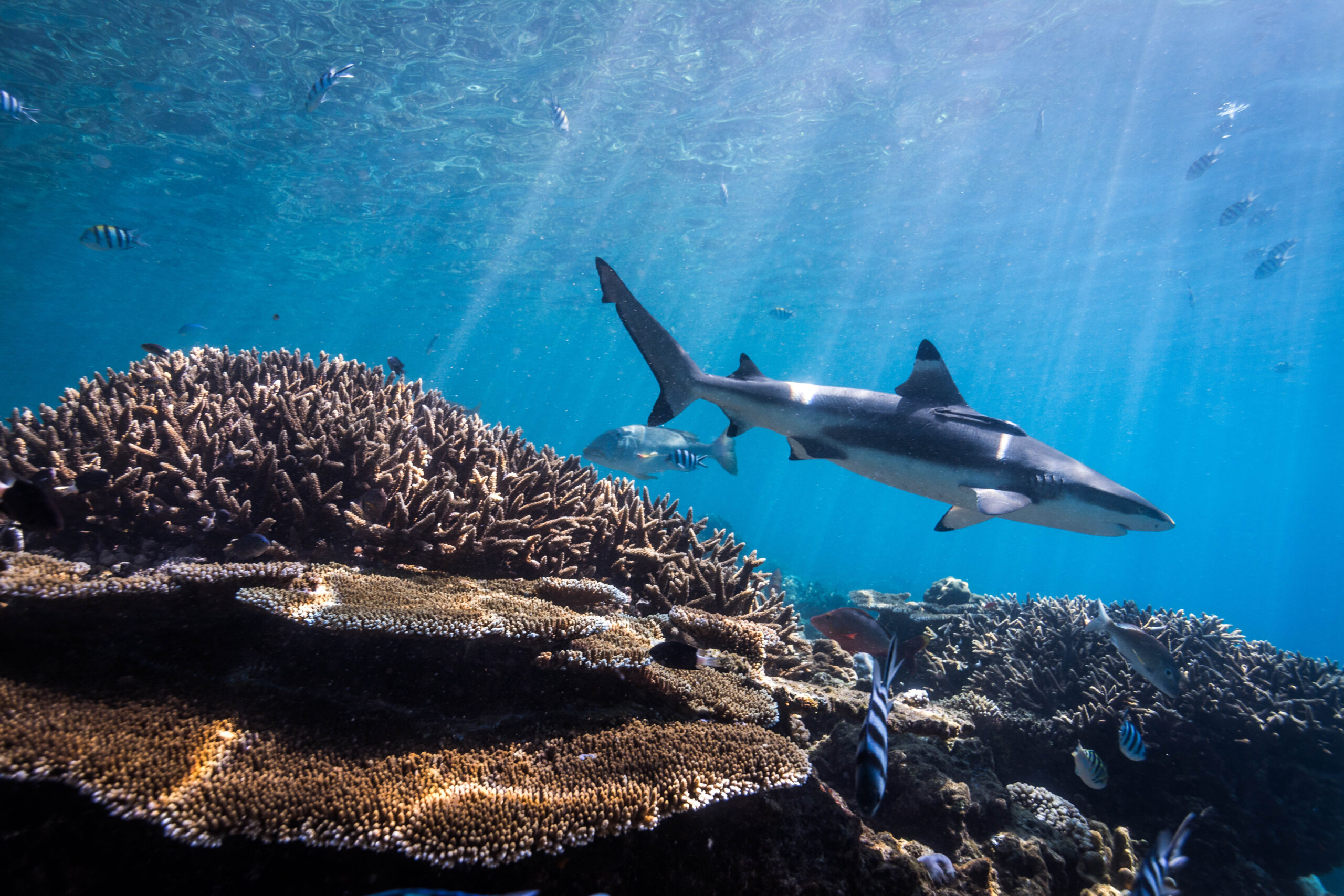This report identifies the lack of widely accepted marine ecosystem assessment tools, reporting, and data and calls for more localized or national programs to monitor marine ecosystems. In Kuwait’s coastal waters, the challenge of sewage discharge and contamination by desalination are on the rise due to development. This paper aims to identify priority areas and management strategies to protect the marine ecosystem of Kuwait. The principles outlined provide guidelines for rapid ecosystem assessment and management and are intended to be applicable for other locations. Principles include data integration to support data collection and regular reporting. Using multiple data sources is important in developing environmental assessments and the Authors acknowledge uncertainty due to data gaps. The study recognizes that the persistent lack of data about biodiversity response needs to be addressed to mitigate negative impacts, and that addressing other data gaps will benefit the assessment framework. Practitioners can use this paper as an example of how monitoring and assessment can begin to inform management despite data gaps. Marine conservation and responses to land-based pollution are iterative efforts.
Authors: Devlin, M.J., B.P. Lyons, J. Bacon, N. Edmonds, D. Tracey, A.S. Al Zaidan, F. Al Ajmi, Z.A. Al-Wazzan, M.M. Al-Hussain, H. Al Khaled, and W.J.F. Le Quesne
Year: 2019
View Abstract
Email for full article: resilience@tnc.org
Estuarine, Coastal and Shelf Science 230. doi:10.1016/j.ecss.2019.106407


